In the vast majority of cases, I have changed people’s names for the sake of anonymity. When talking about individuals, disguised or otherwise, I have been as even-handed as I can be. I recognise that judgements are hard to keep out of one’s descriptions of other people, but the agenda here is philosophical rather than personal. Besides, it is the flaws in my own character that will be the most conspicuous by far.
The specific weight of the soul is equal to the weight of what has been dared.
Bert Hellinger
My formula for greatness in a human being is ‘amor fati’: that one wants nothing to be different, not forward, not backward, not in all eternity. Not merely bear what is necessary, still less conceal it … but love it.
Friedrich Nietzsche
At the brow of a hill in Norwood, south London, stands an imposing red-brick building. It is called The British Home and Hospital for Incurables. The word ‘incurable’ sounds strikingly Victorian, and indeed it was during Victoria’s reign, in 1894, that the building was officially opened. Just as striking is the word’s directness. Incurable . The people who come here aren’t going to get better, it says. We might mock the Victorians for their stiff upper lips and prudery, but in their choice of this word, they showed a frankness that we would balk at today.
Among the seventy-odd residents of this Victorian terminus is my father, Colin Rowland Smith. His particular incurability is multiple sclerosis. It is his story that will provide the framework for this first chapter.
The reasons for choosing my father are threefold. First, he represents the origin, along with my mother, of my own life. He is therefore the starting point of my story, which unfolds in the chapters ahead.
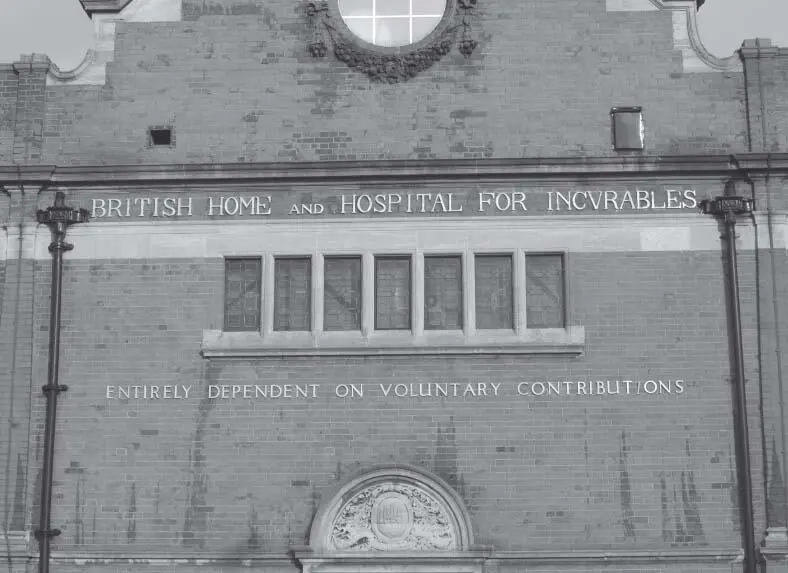
The second reason is that, by bringing a real person into the picture, we can gain some initial purchase on what a human being might actually be. For a human being is always a particular human being, not some vague notion of a human being. I often think of an article by the British novelist Zadie Smith, reflecting on the process of writing. She talks about how you always start out with the ambition of penning the perfect book. From the moment you write the first word, however, it becomes this book and no other.
Behind the idea lies, I suppose, a simple logic. That first word limits the range of options for the second word, the second for the third, and so on, until you have a paragraph which determines the next paragraph which determines the next, until you have a chapter. Then each chapter conditions the chapter after it, until the whole thing is done. A book has to follow an internal sequence to reveal its own identity. By definition, this identity will differ from the identity of other books, and so become unique.
As the book, so the human being. None of us has an ideal, perfect or general self. We have the self that we have, with its irreducible specificity, its one-of-a-kind combination of history, biology and character. What’s more, our choices narrow as we grow older, making us even less likely to deviate from who we are. The golden thread that leads from the beginning to the end of our lives only becomes finer along the way. So that is why in this chapter I’m looking at a human being in all his book-like individuality.
The third and most important reason for choosing my father is that his story gives us a first answer to the question that will serve as a prompt to all the chapters ahead. The question is: ‘What does it mean to be a human being?’ Each chapter will offer a different response. In the case of my father, that response goes something like this: ‘Being human means dealing with our fate.’
My father’s fate was a heavy one. It wasn’t just the MS with which he had to contend. Yet how he contended is what matters. It matters for us all. Whether our fate is lucky or unlucky, we are dealt a hand. We might be born into poverty or affluence, good or bad health, peace or war – but the playing of that hand is up to us. And so it is that tension between being determined by our circumstances and determining ourselves which is an essential part of being human.
The ‘sclerosis’ in multiple sclerosis or MS refers to lesions resulting from damage done to the sheaths encasing the nerve cells in the brain and spinal cord. This damage affects physical coordination, speech, ability to concentrate, memory and more. Maybe all diseases are strange, travelling as covertly as spies and silently infiltrating our systems. What makes MS especially mysterious is that it seems to result from a mutiny in the autoimmune system. Rather than do its job of protecting the body, the autoimmune system revolts and attacks. But not only that:
women get it more than men;
you’re more susceptible to it the further your origins lie from the Equator;
there is no available cure; and
its causes are unknown.
Unknown but not unguessed at. The medical literature points to both genetic and environmental factors, though the evidence for either remains inconclusive. It is not a lifestyle disease. Nor is it considered heritable, even though there’s some debate about your increased likelihood of getting it if you’re related to a sufferer. As Colin’s son, I am acutely aware of this possibility, though I’ve never shown any symptoms and have reached an age at which they’re less likely to appear. That does, however, raise the question of just how closely related he and I are.
Colin’s parents, Rowland and Beatrice, divorced early in his life. At the tender age of eight, Colin, an only child, was packed off to an English boarding school in leafy Sussex, called Hurstpierpoint College. This was in 1945, just as the war was ending. I picture the school as a rural haven from the disarray in cities to the north. It was set, as if to a metronome, to the consoling tempo of public-school life – cricket matches, prayers, tea, weekly baths. But rationing was still in force, those baths were cold, and the school will have had its share of bullies. Female presence was limited, and academic study came a long way ahead of emotional development.
Beatrice, his mother, went to live a hundred and fifty miles away in Birmingham. Rowland took a new wife and had four more children. To begin with, they set up in Hove, adjoining Brighton, and a mere ten miles from Hurstpierpoint. Later, they moved to handsome surroundings in Bungay, Suffolk, which was scarcely any nearer than Birmingham, and required of my grandfather a lengthy commute into Liverpool Street station.
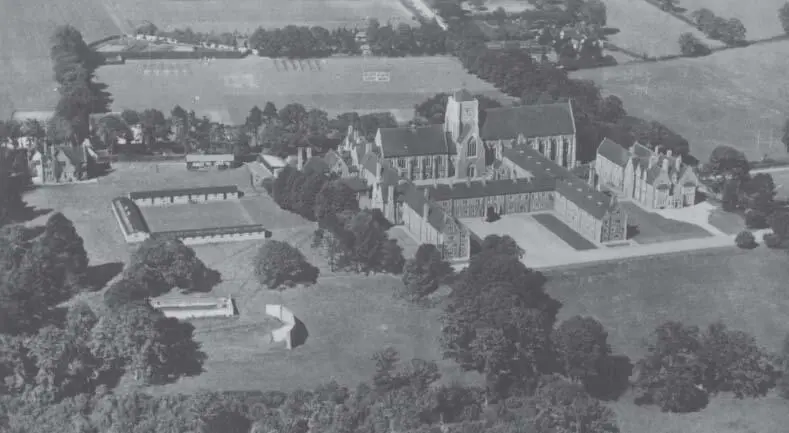
Hurstpierpoint College
So, from the age of eight to eighteen, the Neo-Gothic flint castle of Hurstpierpoint College would have been my father’s entire world, a colony unto itself. Apart from school holidays, that is. These he spent with his mother in Birmingham. There, as a fifteen-year-old, Colin met his wife-to-be, Patricia. A year younger than Colin, Patricia had already left school, and was doing a clerical job in the Midland Bank not far from the Bull Ring. As a girl in the 1940s and 50s, her education wasn’t deemed important, though that didn’t suppress her aspirations to improve her working-class lot. She dreamed about one day having a son and sending him to Dulwich College, the famous public school of which she had once heard as in a legend. With his Queen’s English, shiny bicycle and public-school credentials of his own, Colin appeared in Patricia’s life like the key to a door. For his part, he found a first meaningful female connection. The relationship flourished.
Читать дальше
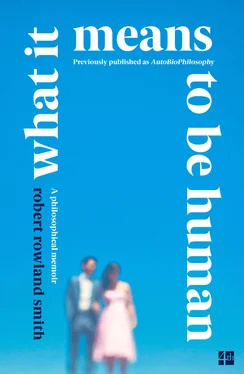


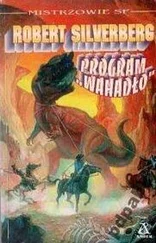


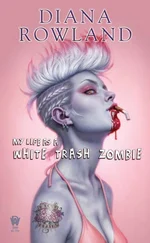

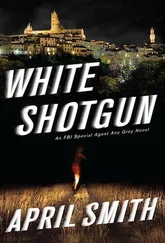


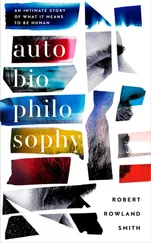

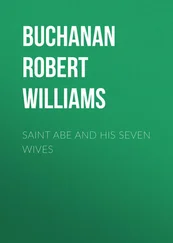
![Helen Rowland - The Widow [To Say Nothing of the Man]](/books/752764/helen-rowland-the-widow-to-say-nothing-of-the-man-thumb.webp)